axolotl
Nunquam non paratus
Hey there's a new movie out with Zac Galafanakis and Elizabeth Banks about the creation of Beanie Babies so why not?!
Harrumph! I am waiting for the true story of the Cabbage Patch Kids, of which I truly do not care.
Hey there's a new movie out with Zac Galafanakis and Elizabeth Banks about the creation of Beanie Babies so why not?!
What a life! You can afford to wait for things you don't care about!Harrumph! I am waiting for the true story of the Cabbage Patch Kids, of which I truly do not care.
What a life! You can afford to wait for things you don't care about!
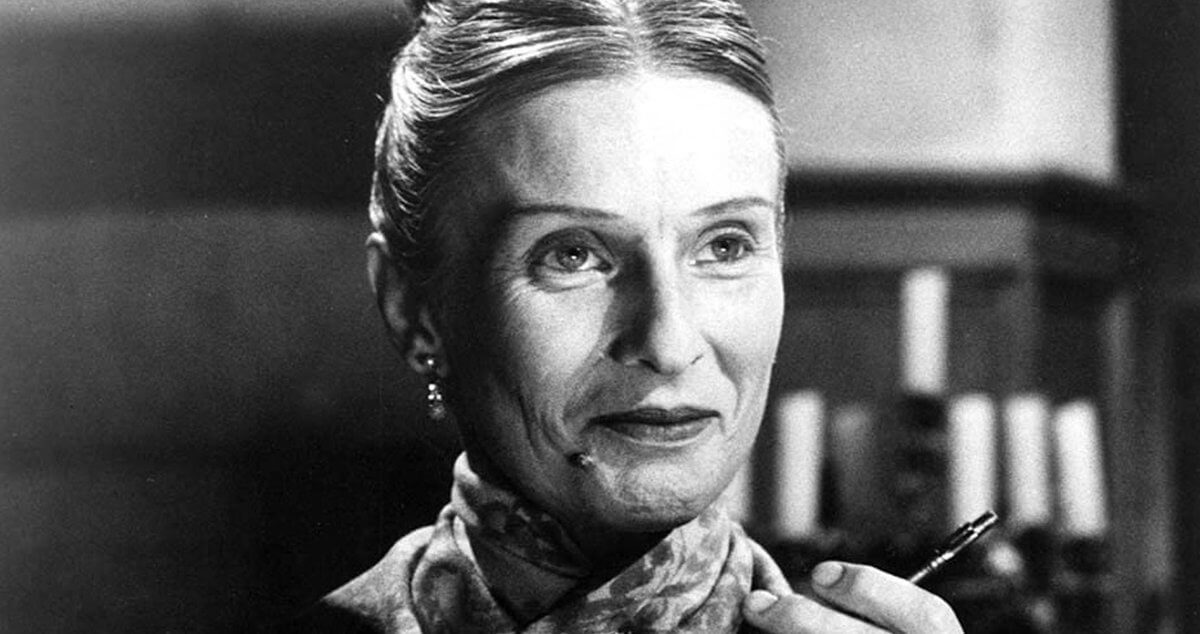
General Burkhalter would have been the icing on the cake.Mel Brooks' classic film Young Frankenstein had a lot more going on behind the scenes than producers let on. From Gene Wilder's difficult filming with Cloris Leachman to the controversial gag that almost stopped filming, making the comedy classic was no joke.

40 Secrets From Young Frankenstein That Comedy Fans Will Simply Love
DigitalTrends, it all happens here.entertainment.digitaltrends.com

 faroutmagazine.co.uk
faroutmagazine.co.uk
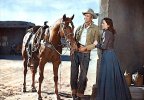
The horse [Pie] was amazing. I rode him for 22 years. I never was able to buy him because he was owned by a little girl by the name of Stevie Myers, who is the daughter of an old wrangler who used to wrangle horses for Tom Mix and W.S. Hart. He retired and he gave this horse to her. He [Pie, the horse] was a sort of a maverick. He hurt a couple of people. I saw [Pie] when I started making Westerns. Audie Murphy rode him a couple of times. He nearly killed Glenn Ford, ran right into a tree… But I liked this darned little horse. He was a little bit small, a little quarter horse and Arabian. I got to know him like a friend. I actually believed that he understood about making pictures. I ran at a full gallop, straight towards the camera, pulled him up and then did a lot of dialogue and he stood absolutely still. He never moved. He knew when the camera would start rolling and when they did the slates. He knew that because his ears came up.
James Stewart rode Pie in 17 westerns. … And they just became so attuned to each other that in one film, "The Far Country," Stewart had developed such a rapport with him that he was able to get the horse to do something at liberty all by himself when the trainer was not around. They were on this location. The trainer wasn't on the set. And the horse needed to walk from one end of a street to another with no ropes on him or anything, and Stewart just went up to him, he said he whispered in his ear and told him what he needed him to do. And the horse did it. And everyone on the set was absolutely amazed, and Stewart just said, that was Pie. That's what he did. So he absolutely had an incredible bond with the horse.
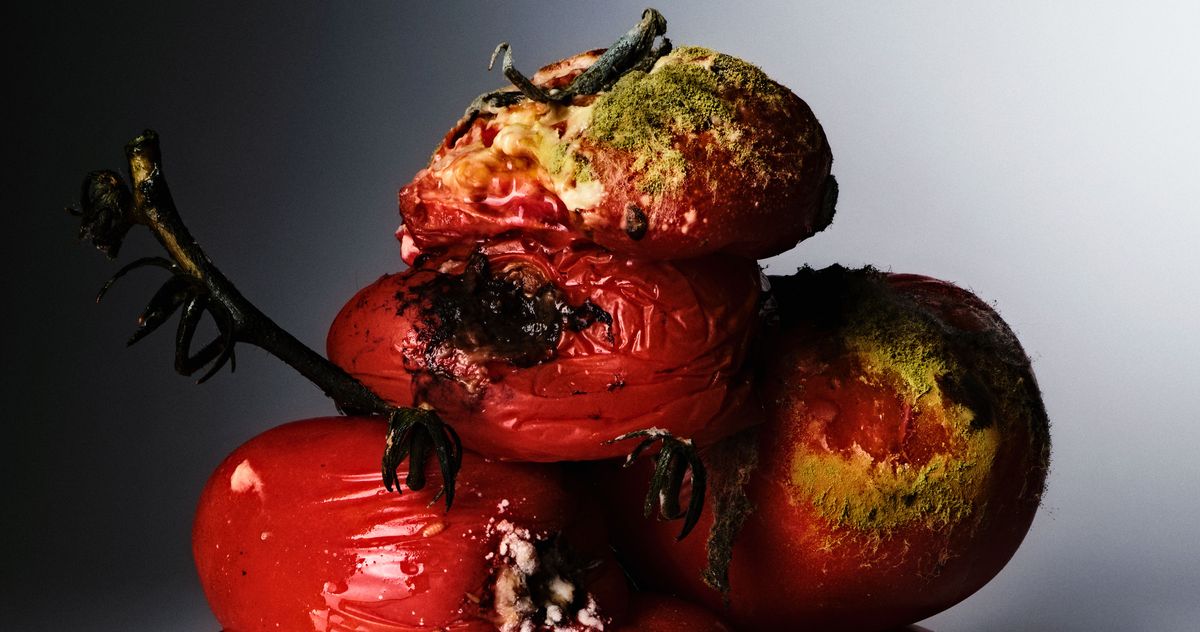

The Decomposition of Rotten Tomatoes
The most overrated metric in entertainment is erratic, reductive, and easily hacked — and yet has Hollywood in its grip.www.vulture.com



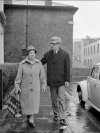
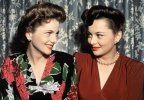
Humans suck.View attachment 10580
Joan Fontaine and her sister, Olivia de Havilland, are the only set of siblings to have won lead acting Academy Awards. Olivia was the first to become an actress; when Fontaine tried to follow her lead, their mother, who allegedly favored Olivia, refused to let Joan use the family name. Subsequently, Fontaine had to invent a name, taking first Joan Burfield, and later Joan Fontaine. Biographer Charles Higham records that the sisters had an uneasy relationship from early childhood, when Olivia would rip up the clothes Joan had to wear as hand-me-downs, forcing Joan to sew them back together. A large part of the friction between the sisters allegedly stemmed from Fontaine's belief that Olivia was their mother's favorite child.
De Havilland and Fontaine were both nominated for the Academy Award for Best Actress in 1942. Fontaine won for her role in Alfred Hitchcock's "Suspicion" over de Havilland's performance in "Hold Back the Dawn." Higham states that Fontaine "felt guilty about winning given her lack of obsessive career drive..." Higham has described the events of the awards ceremony, stating that as Fontaine stepped forward to collect her award, she pointedly rejected de Havilland's attempts at congratulating her and that de Havilland was both offended and embarrassed by her behavior.
Fontaine, however, tells a different story in her autobiography, explaining that she was paralyzed with surprise when she won the Academy Award, and that de Havilland insisted she get up to accept it. "Olivia took the situation very graciously," Fontaine wrote. "I was appalled that I'd won over my sister." Several years later, however, de Havilland apparently remembered what she perceived as a slight and exacted her own revenge by brushing past Fontaine, who was waiting with her hand extended, because de Havilland allegedly took offense at a comment Fontaine had made about de Havilland's husband.
Contrary to press reports, the sisters continued their relationship after the 1940s. After Fontaine's separation from her husband in 1952, de Havilland came to her apartment in New York often, and at least once they spent Christmas together there, in 1961. They were photographed laughing together at a party for Marlene Dietrich in 1967. Fontaine also went to visit de Havilland in Paris in 1969.
The sisters reportedly did not completely stop speaking to each other until 1975, after their mother's funeral. Both sisters largely refused to comment publicly about their relationship. In a 1978 interview, however, Fontaine said of the sibling rivalry, "I married first, won the Oscar before Olivia did, and if I die first, she'll undoubtedly be livid because I beat her to it!"
The following year, in a 1979 interview, Fontaine claimed the reason her sister and she stopped speaking to each other was that de Havilland wanted their mother (who was suffering from cancer) to be treated surgically at the advanced age of 88, which Fontaine apparently did not think was a good idea. Fontaine claimed that after their mother died, de Havilland did not bother to try to find where Fontaine could be reached (Fontaine was on tour in a play). Instead, de Havilland sent a telegram, which did not arrive until two weeks later at Fontaine's next stop.
According to Fontaine, de Havilland did not invite her to a memorial service for their mother. De Havilland claims she informed Fontaine, but Fontaine brushed her off, claiming she was too busy to attend. Higham records that Fontaine had an estranged relationship with her own daughters, as well, possibly because she discovered that they were secretly maintaining a relationship with de Havilland.
Happy Birthday, Joan Fontaine!
~ Michael Sposato, Turner Classic Movies Fan Site
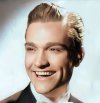
But do they move back to the small town she grew up in to be closer to her parents and the business they started when she was a kid?
